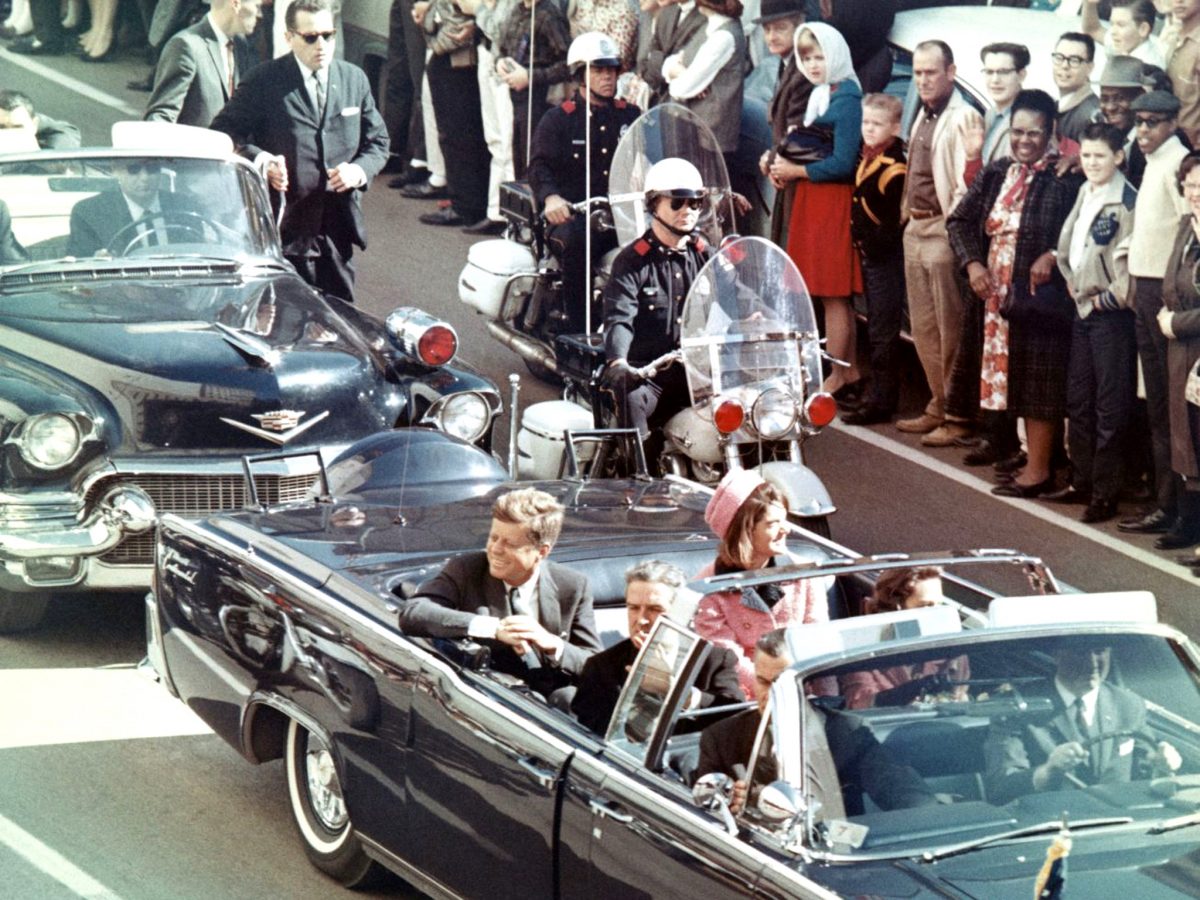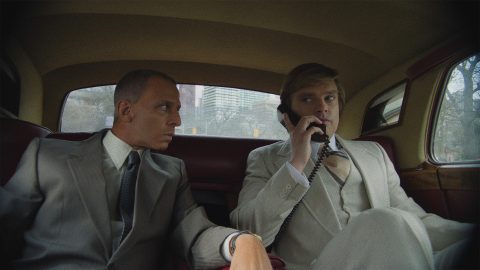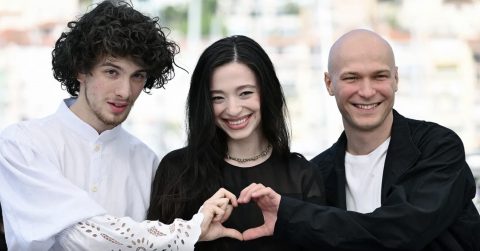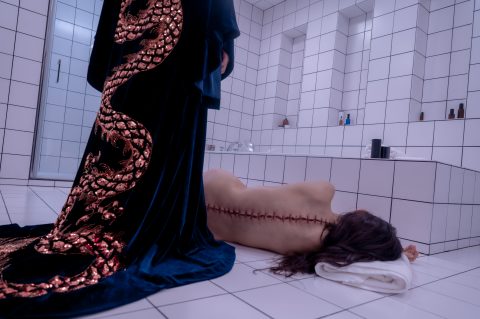Oliver Stone is one of the most famous personalities in the film industry: a successful film director, winner of three Oscars and five Golden Globes. He is also criticized for his films as they are often based on conspiracy theories. He himself believes that this term was coined by the CIA in order to shake people’s trust in critics. Furthermore, he is convinced that conspiracies are also part of history and that some of them – such as the Kennedy assassination and the cover-up – must be solved at all costs. His documentary “JFK Revisited: Through the Looking Glass”, premiered at the 74th Cannes Film Festival, and it has been released in the European film theaters.
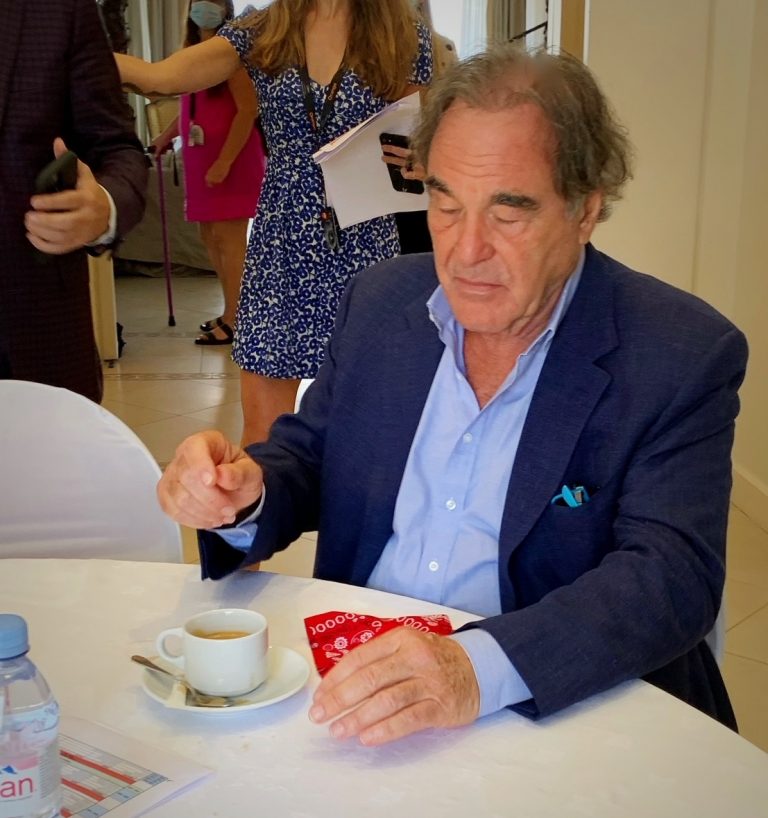
Are you waiting for feedback from the White house?
The real issue in my case is whether we will get distribution in United States. The reactions to my documentary will be difficult because that is the nature of this case. The official story was invented by the Warren Commission, and they will deny everything. “What kind of new evidence is this?” would be obviously the first question from them, which sounds like they would dismiss the whole film. The next question will be “What’s wrong with the original evidence?”. Because the original evidence is really strong if you examine it. However, I would say that everything is wrong in the version of the Warren Commission: from the rifle and the bullets to the wounds and the autopsy.
Why do you think it is still important to investigate the assassination of President John F. Kennedy?
Kennedy was the last American president who wanted to stop the intelligence services and make changes in the defense sector. These two sectors still receive 50% of the US state budget, and most of the money is made from wars, where the new “enemies” are being invented to secure orders for the military industry. Kennedy wanted to end the embargo on Cuba. Together with the Soviet premier Khrushchev he worked on an agreement that provided for a ban on nuclear weapons in space and underwater. His strategies were far too dangerous for some people who couldn’t stop stuffing their pockets. With his assassination, America lost democracy. After his death, intelligence services and the military took over the leadership in all important areas, be it finances or national security.
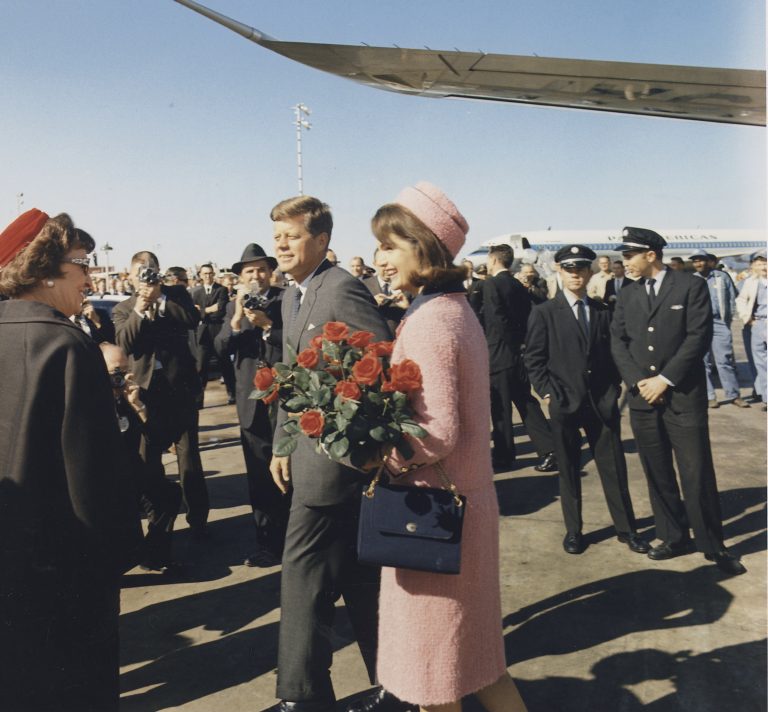
What do you mean when you say that the US has “lost democracy”?
I mean that what we have in the US today is not a democracy. We spend 14 billion US-dollars just to elect a president. In a democracy, money should actually be kept out of politics. I find this procedure particularly worrying because the presidential election is financed by private individuals. So, we no longer have a democracy, but an oligarchy or a kleptocracy, choose what you like better.
What would have happened if Kennedy stayed alive but hadn’t been able to change anything either?
He stood under tremendous pressure. However, he has always considered the Vietnam War to be a mistake. While still a senator, he traveled to Vietnam in the mid-1950s and saw the problems the French army was facing. Unlike other US-presidents, Kennedy took part in World War II. He had a different view of things. He didn’t think like Eisenhower. He was an opponent of the colonial system, but he could not withdraw the troops so quickly. He needed to wait for the new elections in November 1964 and until then he could not bring such questions to the government’s vote. He was young and very popular. He had every chance of winning the election and making changes.
How did you get the new evidence?
There is a group of researchers who have been working on it for three generations. They started their own investigation the day after the attack because they distrusted the government. They didn’t earn any money from it, all they wanted was the truth. I stayed in contact with many of them, for example Robert Groden, who was the first independent photo researcher to have access to the famous Zapruder film. For half a century, he claimed that Kennedy must have been murdered by more than one shooter. Another member of this group is military historian and retired Army intelligence officer John Newman, who wrote several bestsellers on JKF and the Vietnam War, Harvey Lee Oswald, and the CIA. Forensic doctor Dr. Cyril Wecht has worked on many high-profile cases such as the murders of John F. and Robert F. Kennedy and Martin Luther King. When he got access to the evidence in the Kennedy case, he found that some important items had disappeared. Writer Jimmy DiEugenio read thousands of files on Kennedy’s murder and shared his discoveries with me and my producer when we came to Dr. Wecht’s research conference.
What has changed since your feature film “JFK” (1991) on the same topic?
I was much younger and näiver. I was shocked by the reaction on the Kennedy affair. Little did I realize that my film would strike a nerve in some institutions and have harmed my career to some extent. I was summoned to the congress. Because of the buzz my film caused, a new law was passed. The materials on the Kennedy assassination, which were originally to remain under lock and key until 2029, have been released, the archives made accessible, and a four-year investigation provided a lot of new information. But the US-media did not report it and all documents were forgotten again. Even on the 50th anniversary of Kennedy’s assassination in 2013, none of the American broadcasters mentioned the new facts or the alternative versions. My interviews with them were cut and referred to the Warren Commission’s report instead, as if there had been no other official investigation into the murder since then. Today, when everyone has a smartphone, something like this could not happen. The public would have instant access to information. But at that time, we were näive and the media fed us false reports because they were programmed to do so.
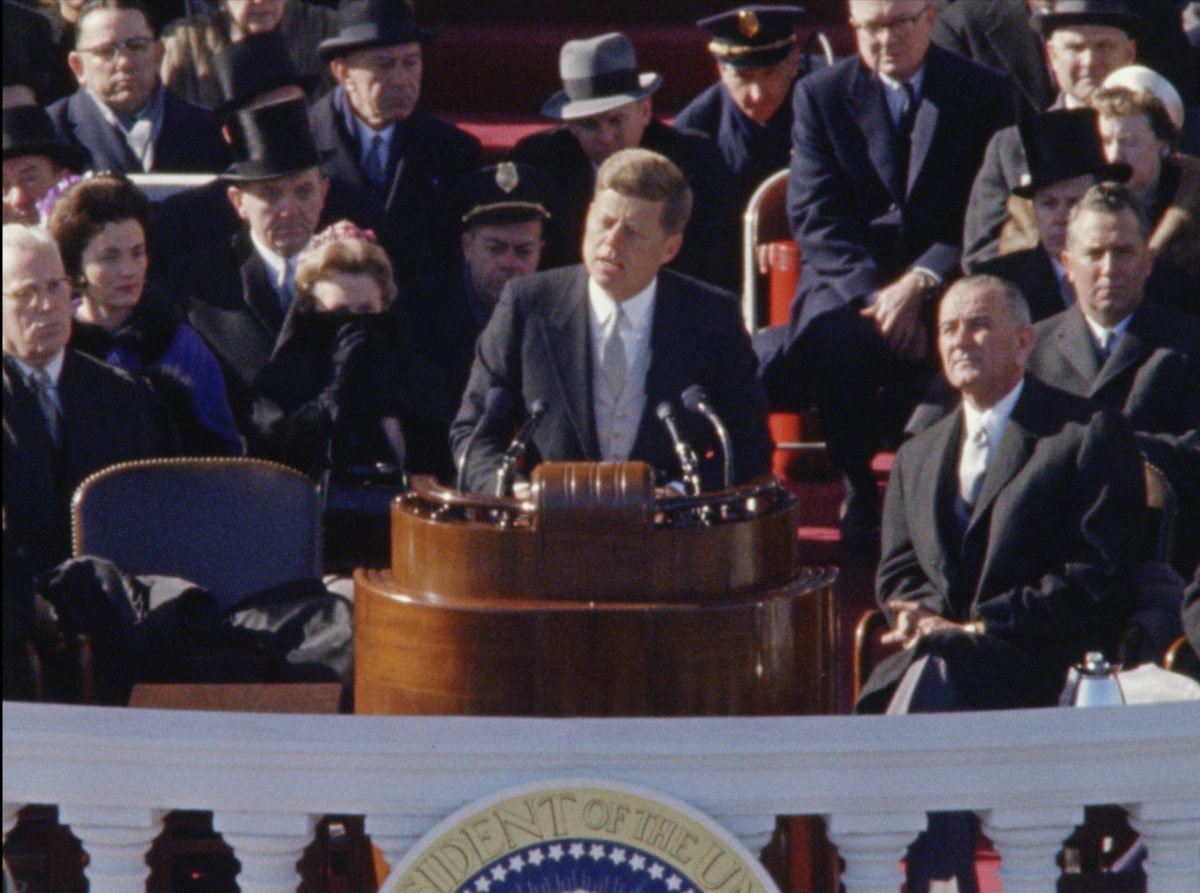
These days you mainly work on documentary films. Do you think there is more drama in real life today?
My last feature film was “Snowden” and I had great difficulty making it. I’m no longer part of Hollywood unless I get to make another feature film. Distribution methods have changed a lot. Platforms like Netflix all use AI and algorithms to suit mass tastes. They blindly follow what is told to them, that this or that topic no longer matters. You should never do that – you should let the film find its audience. If it were all down to success algorithms, I would never have been able to make “Platoon” because it was a depressing topic, with a lot of violence and only suitable for certain target groups. In the end, the film was a huge success. I don’t think about audience in terms of demographics, like Netflix. I think films should be available for everyone who is interested and that too across the ages, genders.
Do you feel the time you started making your films was the best time for you?
There are a lot of great filmmakers to watch in Cannes this year. I have just seen “Titane”, which was very strong! I previously liked “Raw” by the same filmmaker. I also liked “Flag Day” by Sean Penn and “Paris 13th District” by Jacques Audiard, and I am waiting now for Wes Anderson‘s “French Dispatch”. We can’t pick the time. The stories will remain stories in all the times, just their style will be modernized. I think the new generation of filmmakers does not have it too bad. When I was making films, the production costs were high and we had a lot of limitations in terms of politics in the film industry. But I never made a film just for money. I always did it because I wanted to do it. In that sense I was very lucky because a lot of film directors had to work inside the factory by selling their lifetime and values for less than they deserve.
